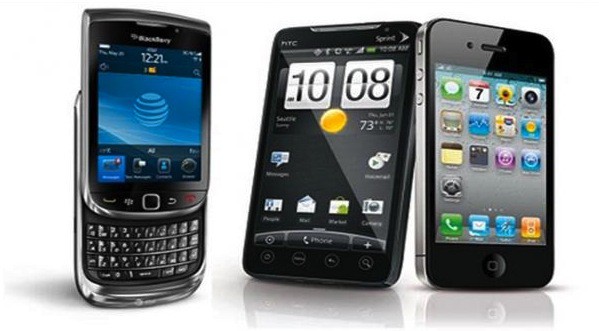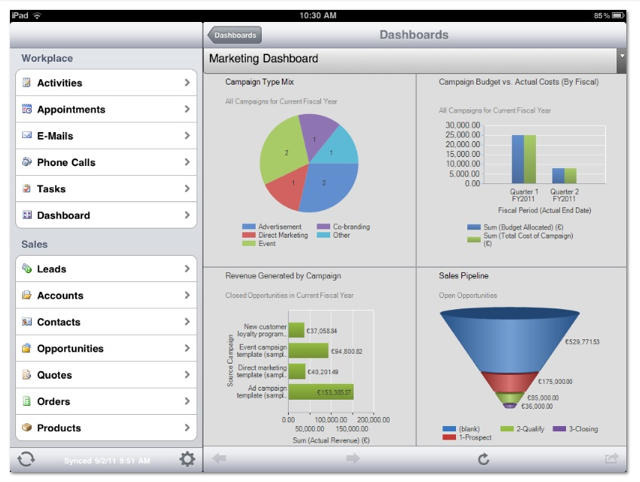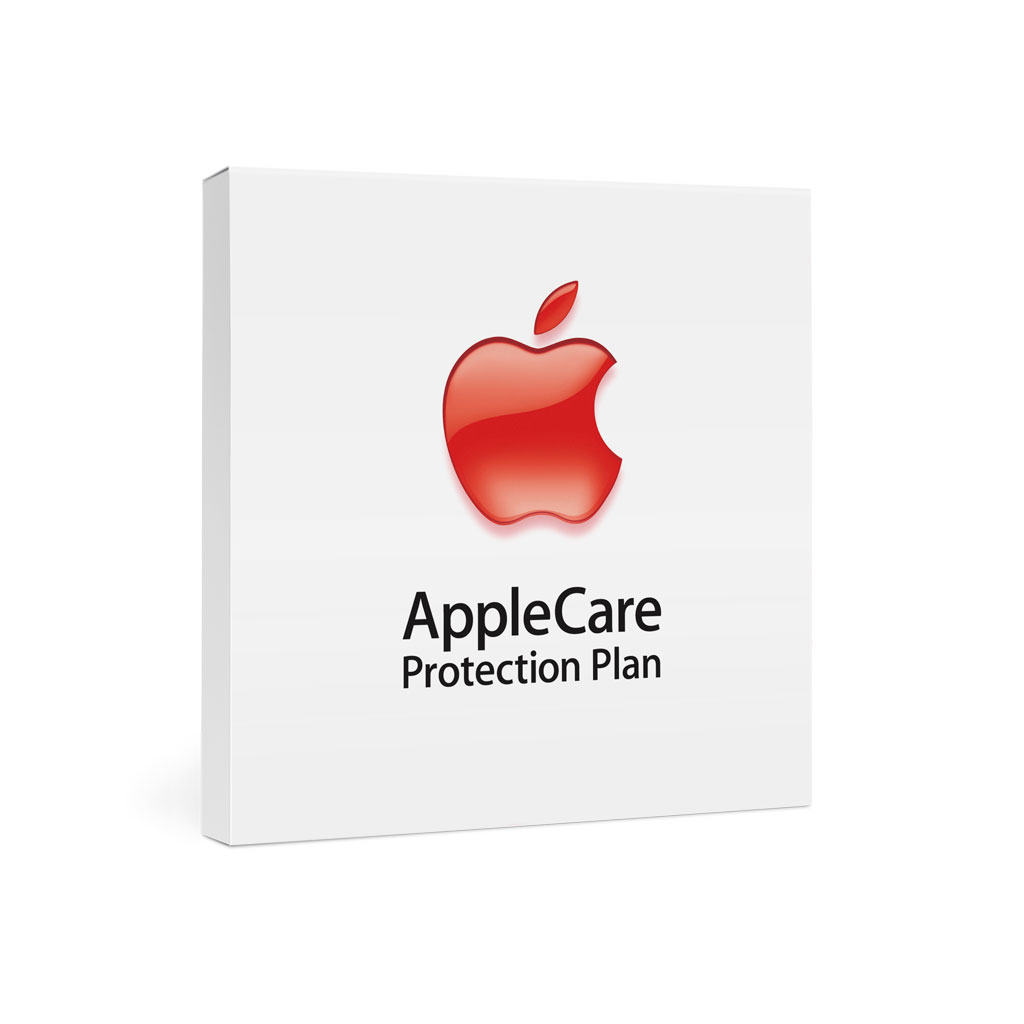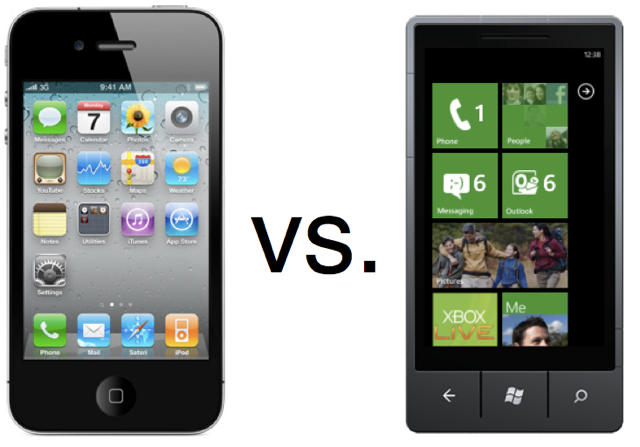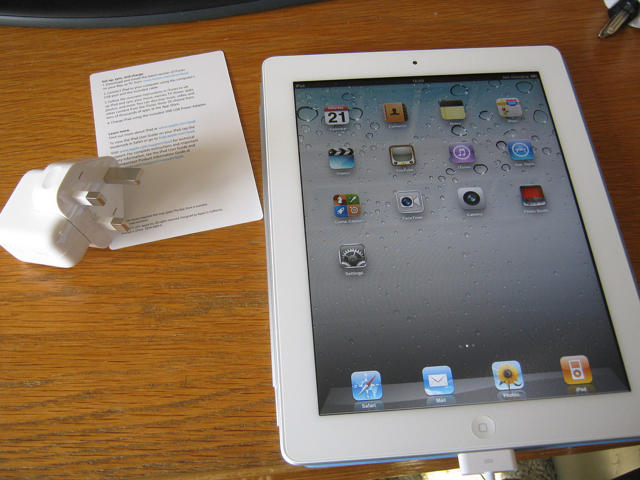Haliburton’s decision to choose iOS as its new mobile platform was made after “significant research” indicated that iOS “offered the best capabilities, controls and security for application development,” according to a leaked memo published by AppleInsider. These capabilities, collectively known as mobile device management (MDM) features offer a solid framework that can be used to apply a number of security policies like complex passcode requirements and that a device’s data be encrypted. MDM features also include the ability to IT departments to restrict access to iOS features (say installing apps or taking photos) and to monitor devices remotely. Of course, they also include the ability to remotely wipe a device if it’s lost or stolen.
One excellent facet of MDM in iOS 4 and iOS 5 is the ability to monitor a device. There are a wide range of states that management software, including the Profile Manager service in Lion Server, can collect about managed devices. This includes seeing what apps have been installed, ensuring OS updates are rolled out, and being able to tell if a device has been jailbroken.
While all this may sound a bit like big brother, if you’re a major energy company with operations in dozens of countries, security can be a major issue. Of course, I could say the same thing about a medical practice needing to maintain privacy compliance.
